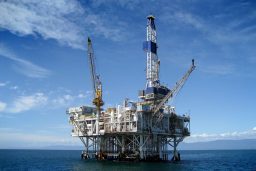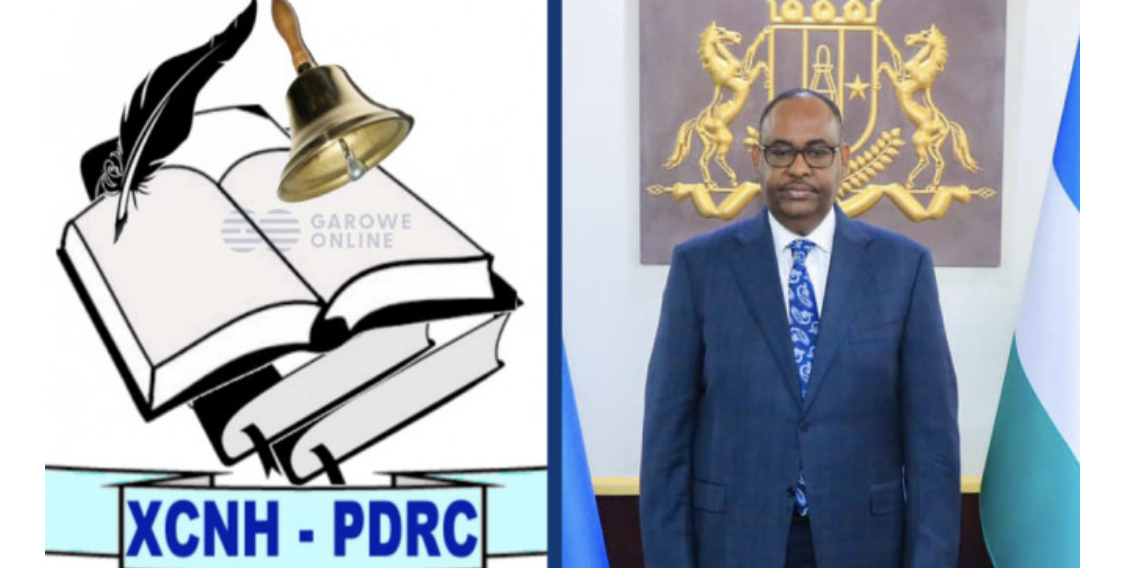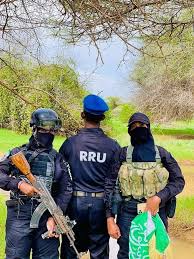The establishment of the Somali Petroleum Authority and launch of a licensing round may be undermined if the replacement of the ousted prime minister is not seen as legitimate…
Somalia has passed several key milestones on the long journey to establish a hydrocarbons industry. But maintaining legitimacy of the process in a fragmented political environment will be crucial if the country has any chance of securing necessary investment in a hyper-competitive global environment for the exploration dollar.
Emerging from decades of civil war, Somalia has established public institutions with some legitimacy and peace was holding firmly enough for the country to credibly launch its first licensing round in early August. But, with oil riches on the table and the prime minister ousted by a vote of no confidence in late July, these fledgling institutions are in for a stern test.
Hassan Ali Khaire, prime minister since 2017, was formally removed by President Mohamed Abdullahi Farmaajo after he lost a parliamentary vote, with 170 of 178 MPs expressing no confidence.
The official reason, articulated by the parliament’s speaker, was Khaire’s failure to pave the way towards fully democratic elections. A source tells Petroleum Economist that it had more to do with him preparing for a run at the presidency. Either way, it leaves the country’s political situation uncertain. Elections planned for November 2020 will now be pushed back into 2021, Somalia’s electoral commission has confirmed. Even then, the nature of these elections is subject to negotiation, and they are likely to prove controversial.
According to the constitution, the president must propose a replacement prime minister to parliament, which would then hold a confidence vote to endorse the appointment. The president has one month from removing a prime minister to propose another, but as the September issue of Petroleum Economist went to press, there was no sign that an appointment was imminent.
The Somali government’s structure is based on sharing power between four major clans and a fifth less prominent one. The president and prime minister must be from different clans and the speaker must come from a third. It is a delicate balance and the chance of a misstep is real.
Where this leaves the licensing round and hydrocarbons industry is an open question. Any long-term decisions or awards made in the absence of an endorsed prime minister and parliamentary confirmation would be controversial.




